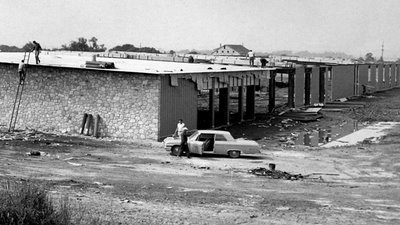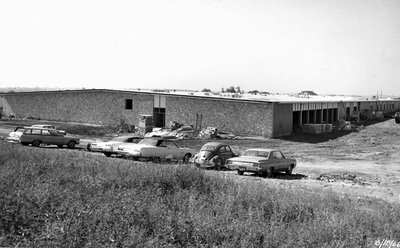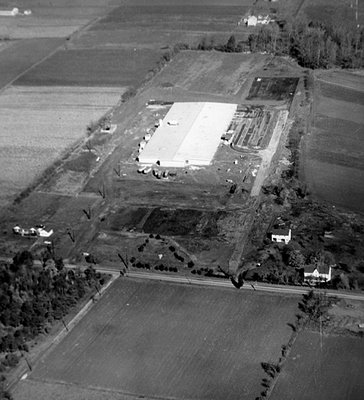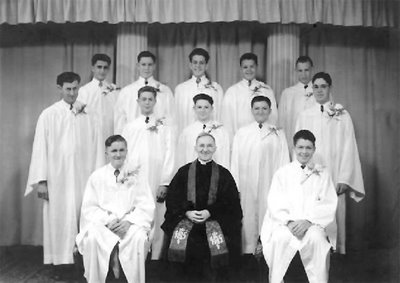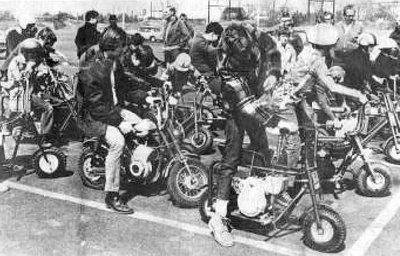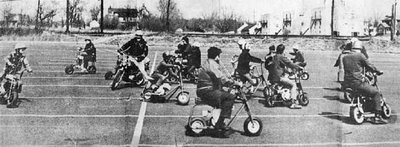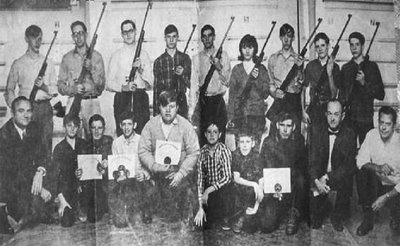With all the controversy concerning a possible re-naming of Whites Road Park in Lansdale, we thought this would be a good time to take a look at the controversy and the history of this popular park.
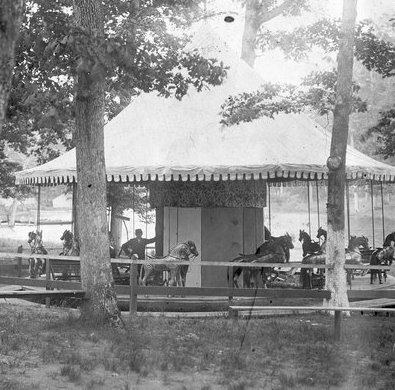 To see a slideshow of historical photos of the park, CLICK HERE or on the photo above.
To see a slideshow of historical photos of the park, CLICK HERE or on the photo above.
by Bradley Schlegel
LANSDALE - During his 1965 run for Lansdale Borough Council, Bill Wentz opposed a plan to condemn and acquire 28 acres of land in Upper Gwynedd Township to utilize as a park.
Wentz and four other Republicans won their primary challenge, then took control of the council. However, voters approved a referendum to create a park on the property, known to most as White’s Woods.
“When I took office there was nothing I could do to stop it,” Wentz said. “Construction had already begun.”
Two years later, in May of 1967, Gov. Raymond Shafer helped dedicate Whites Road Park.
Now the park is to be renamed Mayor Michael DiNunzio Park, after a recent vote by Lansdale Borough Council as a way to honor the current mayor.
And that has stirred some controversy.
Craig Troxel, a member of the White family, called the recent decision to change the name short-sighted.
“Nobody objects to honoring (DiNunzio),” said Troxel. “But the decision diminishes the impact
my family has on this community.”
According to Dick Shearer, president of the Lansdale Historical Society, the park — which included a pool — was created to handle the public’s growing appetite for public recreation.
The 33-acre complex along Whites Road — which currently features a swimming pool, amphitheater, North Penn Rotary Club Centennial Bandshell, four tennis courts, a basketball court, a short walking trail and 100 parking spots — previously had served as a 19th century park, fairground, quarry and landfill prior to Lansdale’s acquisition.
Utilizing a $65,000 open space grant from the state, the borough purchased a 28-acre parcel from the estate of Leona Berkheimer, who died in 1964.
The municipality spent an additional $660,000, including $500,000 from the sale of the borough’s water authority, to develop the park
According to Wentz, state law allowed a borough to annex any adjoining land from a second-class municipality.
“I didn’t think that was the right way to take the land,” said Wentz, who owned and operated Lansdale Beverage. “Upper Gwynedd was pretty upset.”
Council later purchased the O’Donnell property, a five-acre parcel that abutted the park.
The present-day park had once served as a popular summer destination.
In 1885, J. Winfield White created Edgewood Park, according to “The Legacy of the White Family,” a 2005 documentary produced by the Lansdale Historical Society. He installed a dance and food pavilion, a steam-powered carousel and boat rides.
The next year White spent $78.12 to enlarge the lake. According to a ledger, he doled out an additional $228.93 on lumber, hardware, labor and shade trees, the documentary noted.
Edgewood Park — which included a gun club and horse track and sponsored a baseball team — provided local families a respite from the summer heat.
“People back then didn’t wear tank tops and shorts,” Shearer said. “On a hot August day, it was one of the few places they could go to enjoy the cool breeze blowing off the lake.”
In 1895, three years before the carousel was sold at sheriff’s sale, White closed the fairground.
White operated Edgewood Park and a quarry simultaneously, according to Richard Stricker, superintendent of the Lansdale Cemetery since 1962.
Later, White’s son Willard managed a landfill there. Stricker said residents paid 25 cents a bag to make a deposit.
Wentz, who said borough council should have approached Upper Gwynedd about starting a joint recreation committee, said he thinks Lansdale’s park system should be geared more toward the entire North Penn School District.
“I don’t think the borough behaved properly,” Wentz said.
Last week, Lansdale Councilman Joe Flyzik said he regretted his vote to remove the family name from the park.
He suggested restoring the old name and honoring DiNunzio by attaching the mayor’s name to Stony Creek Park, Fourth Street Park or Railroad Plaza.
“I feel like I slapped the family in the face,” he said. “It wasn’t the right thing to do.”
____
Who says history is dry?
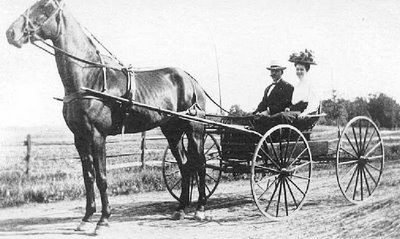
 RSS
RSS
